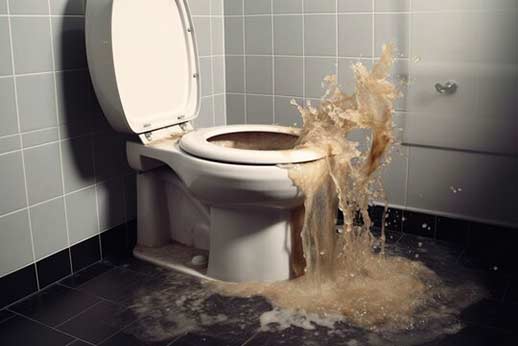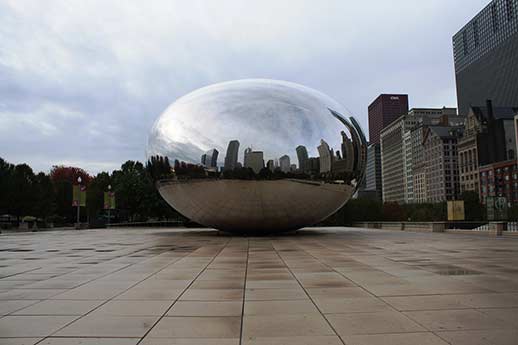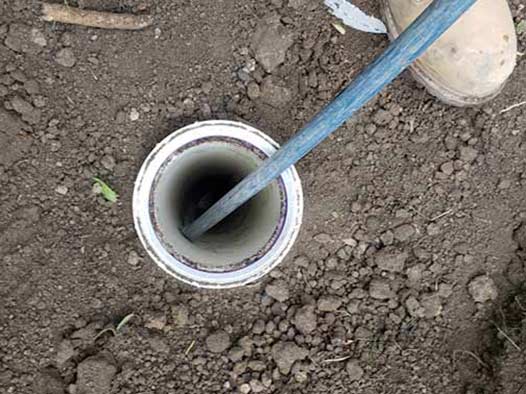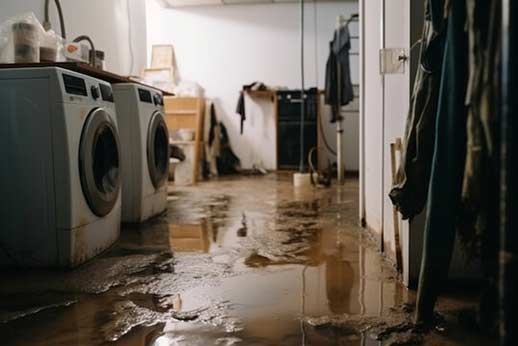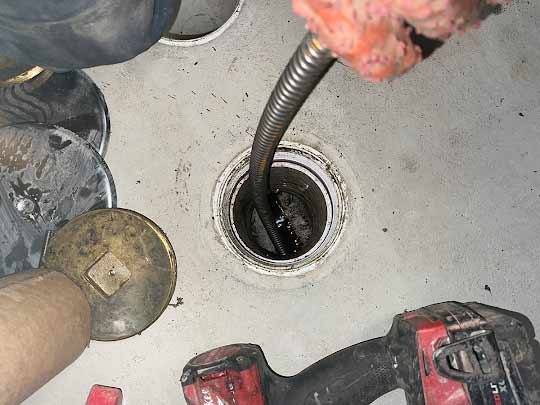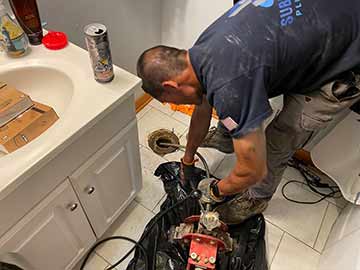Welcome to our comprehensive guide on strategies for preventing sewer line backups in Chicago! Sewer line backups can cause significant damage to your property and pose health hazards to you and your family. Therefore, it’s crucial to implement preventive measures to avoid such issues. In this article, we will explore various strategies that can help you protect your sewer lines, ensuring a smooth and hassle-free plumbing system.
Understanding Sewer Line Backups
Before delving into prevention strategies, it’s essential to understand the causes and consequences of sewer line backups. A sewer line backup occurs when the flow of wastewater from your home to the main sewer line is obstructed. This obstruction can lead to sewage backups in your basement, yard, or even inside your home. Sewer line backups can result from various factors, including tree roots, clogs, aging infrastructure, and heavy rainfall.
1. Regular Inspection and Maintenance
Regular inspection and maintenance are vital for keeping your sewer lines in top condition. Hiring a professional plumber to inspect your sewer lines at least once a year can help identify any potential issues before they escalate into major problems. During these inspections, the plumber will check for signs of clogs, cracks, tree root intrusion, and other issues that may compromise the functionality of your sewer lines. Regular maintenance, such as hydro jetting or sewer line rodding, can also remove any existing blockages and keep your sewer lines flowing smoothly.
2. Proper Waste Disposal
Improper waste disposal is a common cause of sewer line backups. Items such as grease, oil, paper towels, and feminine hygiene products should never be flushed down the toilet or poured down the drain. These items can accumulate and form clogs, leading to backups. Instead, dispose of them in the appropriate trash receptacles. Educate everyone in your household about proper waste disposal practices to minimize the risk of sewer line issues.
3. Tree and Shrubbery Management
Trees and shrubs can enhance the beauty of your property, but their roots can wreak havoc on your sewer lines. Tree roots are naturally attracted to sources of water and nutrients, making your sewer lines an ideal target. Over time, tree roots can infiltrate your sewer pipes, causing blockages and potential backups. To prevent this, consider planting trees and shrubs away from your sewer lines or opting for species with less aggressive root systems. Regularly inspect and trim any existing trees or shrubs near your sewer lines to minimize the risk of root intrusion.
4. Install Backwater Valves
Backwater valves are an excellent investment for protecting your property against sewer line backups. These devices are installed in your sewer lines and prevent sewage from flowing back into your home in the event of a backup. Backwater valves work by automatically closing when the flow reverses, effectively blocking any sewage from entering your property. Consult a professional plumber to determine the most suitable type of backwater valve for your home.
5. Think Before You Plant
Planting trees and shrubs in your yard adds beauty and shade, but it’s essential to consider the potential impact on your sewer lines. Certain species of trees, such as willows and poplars, have invasive root systems that can quickly grow towards your sewer lines. Before planting trees in your yard, research their root systems and growth patterns. Opt for trees with non-invasive root systems that won’t pose a threat to your sewer lines.
6. Avoid Flushing Non-Biodegradable Items
Flushing non-biodegradable items down your toilet is a recipe for sewer line backups. Items such as diapers, wipes, dental floss, and cotton swabs should never be flushed. Unlike toilet paper, these items do not break down easily and can accumulate in your sewer pipes, leading to clogs and backups. Make sure to educate everyone in your household about what is safe to flush to prevent unnecessary blockages.
7. Stormwater Management
In addition to household wastewater, heavy rainfall can also contribute to sewer line backups. Excessive stormwater can overload the sewer system, causing backups in nearby homes. To prevent this, consider implementing stormwater management solutions, such as rain barrels, rain gardens, or permeable pavers. These strategies can help divert and absorb excess rainwater, reducing the burden on the sewer system and minimizing the risk of backups.
8. Professional Sewer Line Cleaning
Regular professional sewer line cleaning can significantly reduce the likelihood of backups. Professional plumbers have the necessary equipment and expertise to thoroughly clean your sewer lines and remove any existing blockages. Hydro jetting, for example, uses high-pressure water to effectively clear out debris, grease, and other obstructions. Schedule regular sewer line cleaning appointments with a trusted plumber to keep your plumbing system in optimal condition.
In Closing
Protecting your sewer lines from backups is critical for maintaining a safe and functional plumbing system. By implementing these preventive strategies, such as regular inspection and maintenance, proper waste disposal, managing trees and shrubs, installing backwater valves, and more, you can significantly reduce the risk of sewer line backups. Remember, prevention is key, and investing in the maintenance of your sewer lines is much more cost-effective than dealing with the consequences of a backup. Keep your sewer lines flowing smoothly and enjoy a worry-free plumbing system!
